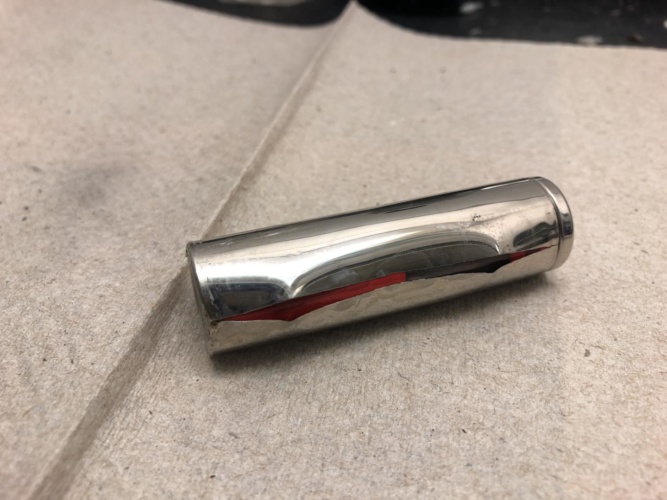
Engineers from UC Riverside (UCR) experimented on Panasonic NCR 18650B cylindrical lithium-ion batteries of the kind found in Tesla vehicles. Using the same industry fast-charging method as deployed along US freeways, they found that after just 40 cycles, the batteries were achieving just 60 per cent of their original capacity.
Electron ‘spillway’ could make lithium batteries safer
Semi-solid electrolyte improves lithium-sulphur batteries
"Industrial fast-charging affects the lifespan of lithium-ion batteries adversely because of the increase in the internal resistance of the batteries, which in turn results in heat generation," said UCR doctoral student Tanner Zerrin, co-author of the study, published in Energy Storage.
After 60 charging cycles, the industry method battery cases cracked, exposing the electrodes and electrolyte to air and increasing the risk of fire or explosion. High temperatures of 60 degrees Celsius/140 degrees Fahrenheit accelerated both the damage and risk.
"Capacity loss, internal chemical and mechanical damage, and the high heat for each battery are major safety concerns, especially considering there are 7,104 lithium-ion batteries in a Tesla Model S and 4,416 in a Tesla Model 3," said Mihri Ozkan, a professor of electrical and computer engineering at UCR.
To counteract the damage caused by this type of fast-charging, the researchers developed their own fast-charging algorithm that monitors and adapts to the battery’s internal resistance. This significantly reduced battery degradation compared with the industry-standard fast-charging. Batteries charged using the industry method fell to 80 per cent capacity after 25 charging cycles, while internal resistance method batteries lasted 36 cycles before reaching this point. What’s more, this technique did not result in the catastrophic failures witnessed using existing fast-charging methods.
"Our alternative adaptive fast charging algorithm reduced capacity fade and eliminated fractures and changes in composition in the commercial battery cells," said Cengiz Ozkan, professor of mechanical engineering at UCR.
The researchers have applied for a patent on the adaptive internal resistance fast-charging algorithm that could be licensed by battery and car manufacturers.




Nanogenerator consumes CO2 to generate electricity
Whoopee, they've solved how to keep a light on but not a lot else.